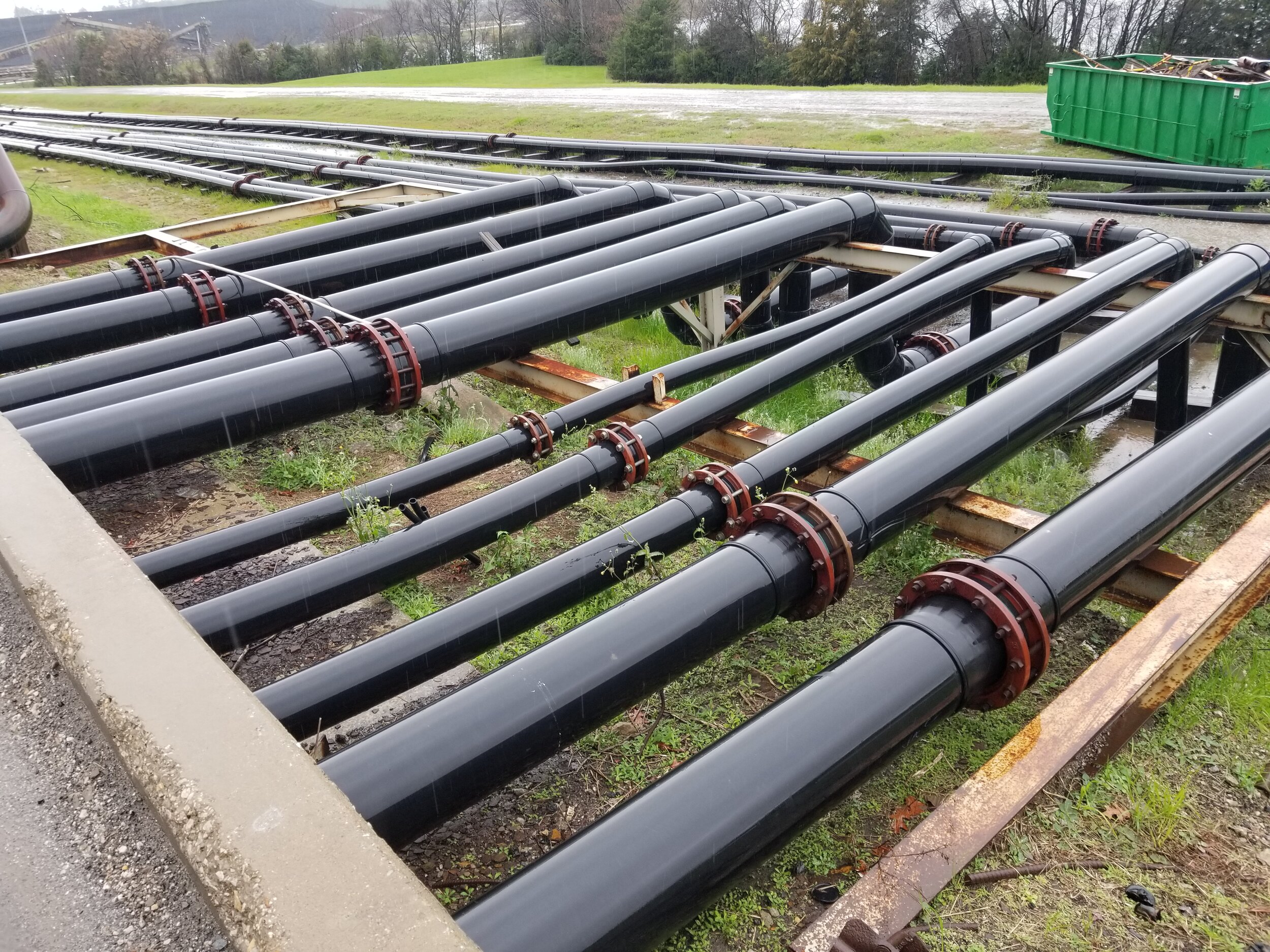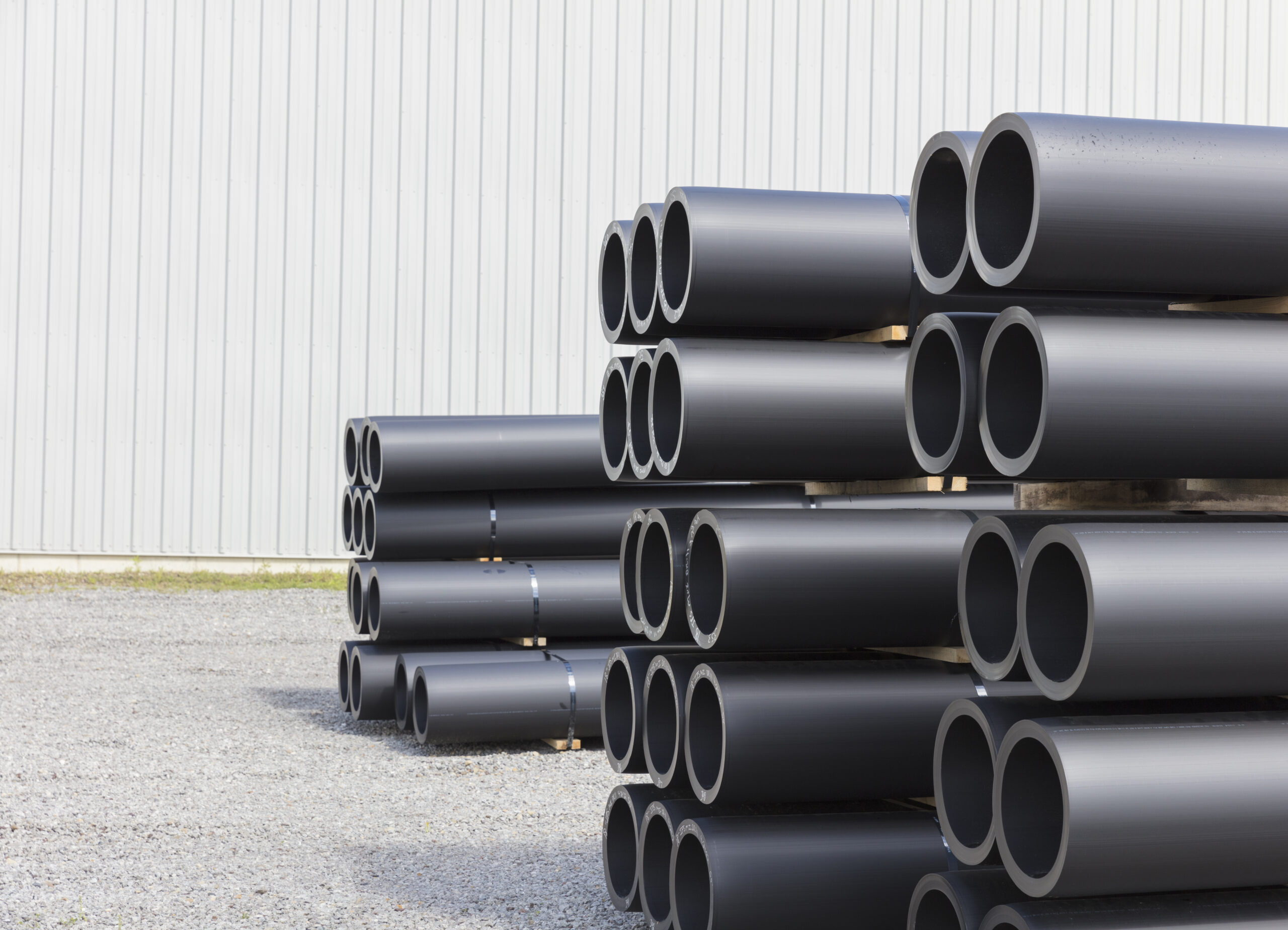Texas hdpe pipe manufacturer: Eco-Friendly Practices
Wiki Article
Comprehending the Secret Benefits of HDPE Pipeline for Water and Wastewater Management
Using HDPE pipe in water and wastewater management presents various benefits that merit factor to consider. Its remarkable toughness and lengthy life expectancy make it a recommended selection for several projects. In addition, the material's resistance to rust and chemical damages enhances its integrity in different atmospheres. Nevertheless, the benefits prolong beyond just durability and resistance. Exploring its cost-effectiveness and ecological impact reveals much more compelling factors for its extensive adoption in modern infrastructureRemarkable Sturdiness and Long Life

HDPE pipeline stands out for its phenomenal durability and durability, making it a recommended option in water administration systems. Constructed from high-density polyethylene, these pipelines can endure significant pressure and stress and anxiety, ensuring trusted performance in time. Their robust nature allows them to endure severe environmental conditions, consisting of temperature level changes and soil movements, which can cause other materials to fall short.
The life expectancy of HDPE pipelines typically surpasses 50 years, giving an economical option for communities and industries alike. In addition, the material's light-weight residential or commercial properties simplify installation, minimizing labor costs and durations. This longevity minimizes the requirement for frequent repair work or replacements, additionally boosting its economic charm.
In water monitoring applications, the reliability of HDPE pipes implies less interruptions and enhanced solution continuity, making them integral to sustainable infrastructure advancement. The mix of sturdiness and durability strengthens HDPE's function as a foundation in effective water monitoring remedies.

Resistance to Deterioration and Chemical Damages
While lots of products catch corrosion and chemical damages gradually, HDPE pipes show exceptional resistance, making them suitable for numerous water monitoring applications. This strength originates from the molecular framework of high-density polyethylene, which is inherently non-reactive and does not corrode like metals or weaken from exposure to rough chemicals. Therefore, HDPE is highly reliable in settings with hostile materials, such as wastewater systems that might contain acids, bases, and organic solvents.
Additionally, HDPE pipelines can stand up to environmental aspects such as soil acidity and saline conditions, better enhancing their suitability for varied applications (Pipe Supplier American Plastics Midland). Their capacity to keep architectural stability in time minimizes the threat of leakages and failures, which is critical in ensuring the safety and reliability of water circulation and wastewater monitoring systems. The resistance to rust and chemical damages significantly contributes to the general effectiveness and durability of HDPE piping services.
Cost-Effectiveness and Economic Advantages
When taking into consideration the economic ramifications of water management systems, the cost-effectiveness of HDPE pipes becomes obvious. These pipes offer lower installment and maintenance prices contrasted to standard products like metal or concrete. Their lightweight nature simplifies transport and setup, causing reduced labor costs. In addition, HDPE pipes display a long lifespan, typically going beyond 50 years, which converts to less replacements and long-lasting cost savings.The resistance of HDPE to corrosion and chemical damage reduces the need for pricey fixings and replacements. The pipelines also support reliable water flow, reducing energy prices related to pumping systems. By reducing leaks and water loss, HDPE pipelines contribute to substantial economic advantages for districts and sectors alike. Generally, the preliminary investment in HDPE piping can produce significant monetary returns over the lifespan of the water administration system, making it a prudent option for lasting framework advancement.
Environmental Sustainability and Lowered Impact

Convenience and Adaptability in Installment
Because of their special residential or commercial properties, HDPE pipelines supply remarkable convenience and adaptability in installment, making them suitable for a variety of applications. Their light-weight nature permits less complicated handling and transportation, lowering labor prices and installation time. HDPE pipes can be bent and formed to fit various terrains and task demands, which is especially beneficial in testing environments.Furthermore, their resistance to deterioration and chemical damage permits setup in varied settings without the need for specialized safety layers. The ability to fuse joints creates a constant, leak-free system, boosting the total honesty and dependability of the setup. HDPE's flexibility likewise suits ground motion, reducing the risk of damage in locations susceptible to shifting dirt. In general, these qualities make HDPE pipelines not only versatile however additionally a recommended selection for water and wastewater management systems.
Frequently Asked Concerns
Exactly How Does HDPE Pipeline Contrast to PVC in Water Administration Applications?
HDPE pipeline offers remarkable flexibility, resistance to deterioration, and resilience contrasted to PVC. Its lighter weight facilitates simpler installation, while its long life expectancy reduces substitute expenses, making HDPE a favored choice in water administration applications.What Is the Life Expectancy of HDPE Pipeline Under Common Problems?
Under typical conditions, HDPE pipes can have a lifespan ranging from 50 to 100 years. Their sturdiness and resistance to corrosion add to their lasting performance in various applications, making them a trusted selection for infrastructure.Are HDPE Water Lines Recyclable After Their Life Span?
Yes, HDPE pipes are recyclable after their service life. Pipe Manufacturing Midland TX. They can be refined and repurposed right into new items, greatly reducing ecological effect and promoting sustainability within the industry, making them an environmentally friendly option for piping remediesWhat Is the Installment Process for HDPE Pipeline?
The setup procedure for HDPE pipelines involves site prep work, trenching, pipeline fusion or mechanical joining, backfilling, and stress screening. Correct techniques ensure content a sturdy and effective system for delivering water and wastewater successfully.Can HDPE Water Lines Be Made Use Of for Both Drinkable and Non-Potable Water Equipments?
Yes, HDPE pipelines can be used for both safe and clean and non-potable water systems. Their convenience, sturdiness, and resistance to rust make them appropriate for numerous applications, making certain secure and efficient transportation of water in different contexts.Report this wiki page